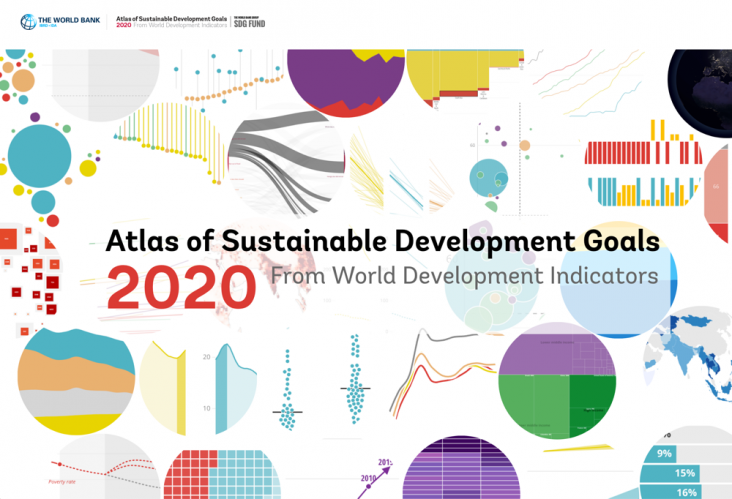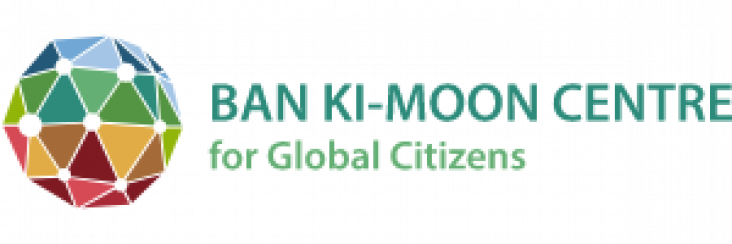Partner content
World Bank
The Atlas of Sustainable Development Goals 2020 presents interactive storytelling and data visualizations about the 17 Sustainable Development Goals.
In the light of the opportunities presented by the Sustainable Development Goals (SDGs) debate is being reignited to understand the connections between human population dynamics (including rapid po

Three Facets of Public Health and Paths to Improvements: Behavior, Culture, and Environment, 2020, Pages 261-294
Three Facets of Public Health and Paths to Improvements, Behavior, Culture, and Environment, 2020, Pages 261-294
Three Facets of Public Health and Paths to Improvements: Behavior, Culture, and Environment, 2020, Pages 353-380
